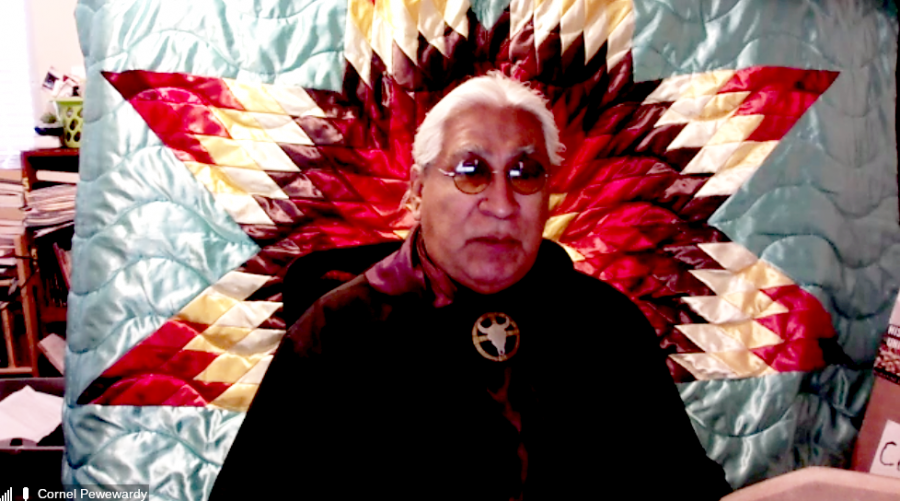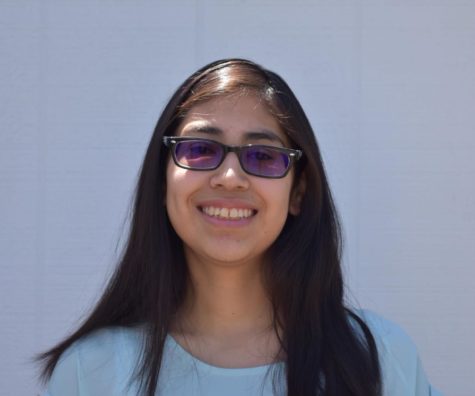Thanksgiving objectifies Indigenous people, guest speaker says
Settler colonialism occurs in eight steps; Thanksgiving is a Eurocentric holiday
Thanksgiving is a Eurocentric holiday and is full of stereotypes about Indigenous people, said Cornel Pewewardy, professor emeritus of Indigenous nations studies at Portland State University.
November 10, 2020
The commercialization of Thanksgiving is disturbing and the holiday should be decolonized, a Portland State University professor said.
People are not taught the truth about Thanksgiving, said Cornel Pewewardy, professor emeritus of Indigenous nations studies at Portland State University, during an event hosted by WSU’s Native American Programs on Monday.
There is no mention of pilgrims until the mid-1800s, he said. Settlers only survived the winter because of Indigenous people’s help.
Thanksgiving is a Eurocentric holiday and is full of stereotypes about Indigenous people, Pewewardy added.
In school, young students are taught to dress up as Native Americans, he said. This commodifies, generalizes and objectifies Indigenous people and their culture. Similar behavior occurs during Halloween, he said.
There are various alternatives to Thanksgiving, Pewewardy said. This includes acknowledging the National Day of Mourning, U.S. Congressional Resolution and Day of Atonement. Schools should ban Thanksgiving as a holiday, and instead call the time off “fall break “and celebrate Indigenous culture.
There are eight steps to settler colonialism, Pewewardy said.
Steps one through four involve taking Indigenous lands, children, religion and languages away from Indigenous people. Step five is eliminating Indigenous ways of teaching and learning. Step six is debating concepts of tribal sovereignty. Step seven includes falsifying or rewriting history. The last step is assimilation, where Indigenous people are coerced to engage in Western research protocol and practices, Pewewardy said.
Pewewardy’s research explores the theoretical and philosophical foundations of post-colonial Indigenous research, said Steven Martin, director of WSU Native Student Services.
Martin said Pewewardy’s work seeks to advance policy and practices that address persistent racial and socioeconomic inequities within Indigenous education. The research reflects the voices of historically underserved families and communities.
He said Pewewardy grew up in Oklahoma surrounded by Comanche and Kiowa traditional music, which grew his interest in Indigenous music.










